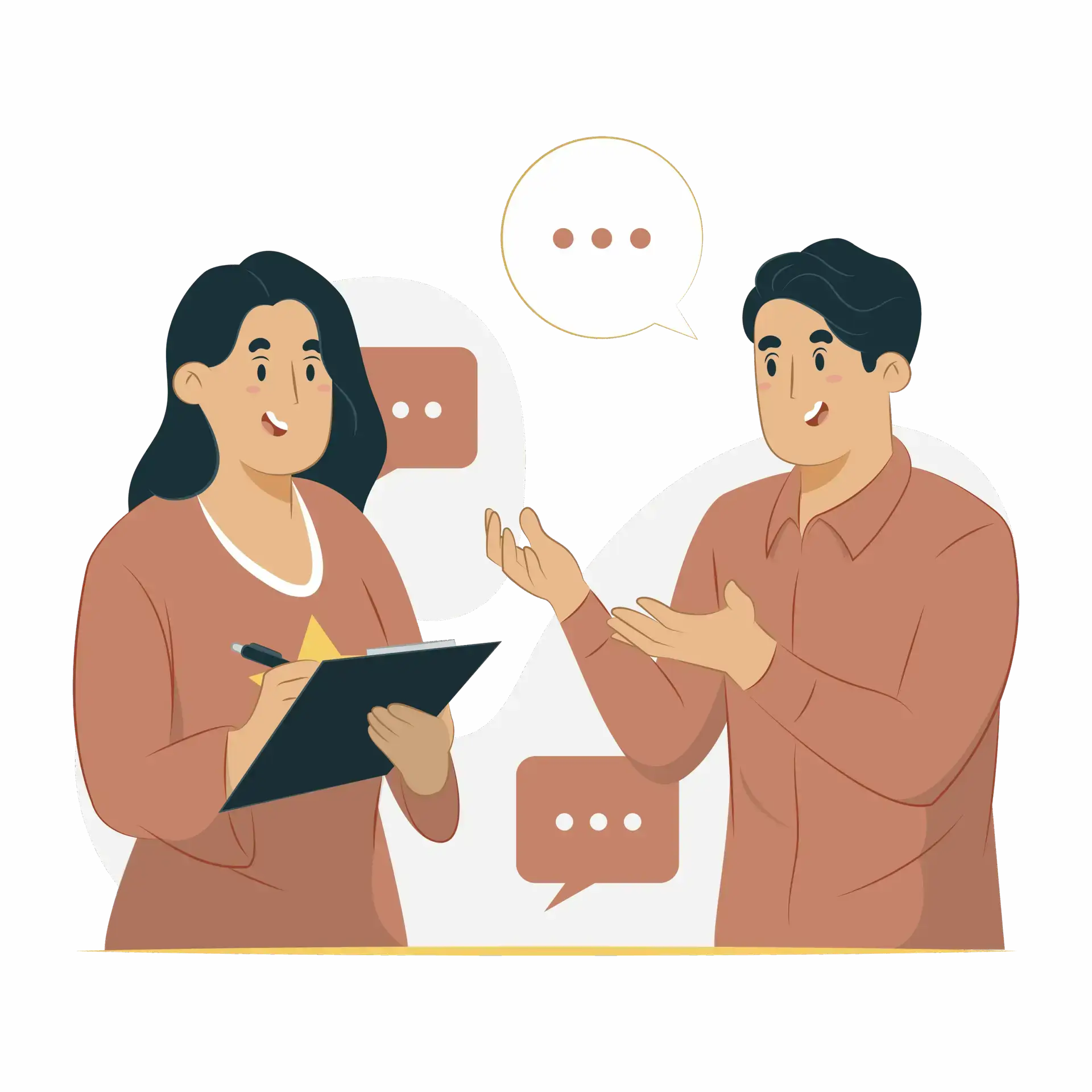At times, overcoming co-occurring disorders can feel impossible and isolating. Co-occurring disorders, formerly called dual diagnoses, refer to experiencing mental illness and addiction simultaneously. The substance issues and mental illness feed each other in a vicious cycle.
At My LA Therapy, our co-occurring disorder specialists will help you attack your dual diagnoses on all fronts, breaking the vicious cycle that’s keeping you stuck and hopeless. We’ll help you learn practical strategies to overcome your addiction and mental health problems so you can break free and get your life back. We must examine both the mental health and addiction issues simultaneously in order to help you heal.
Co-occurring disorders can be difficult to diagnose because there are many combinations of disorders that can occur and the symptoms vary widely. It is important to look for symptoms of substance abuse as well as symptoms of any mental health disorder such as mood disorders, depression, and anxiety.
Some of the symptoms of Substance Abuse include:
People with mental health disorders are more likely than people without mental health disorders to experience substance abuse and dependence. A person experiencing a mental health condition may turn to drugs and alcohol as a form of self-medication. They believe this will improve the troubling mental health symptoms they experience. Drugs and alcohol exacerbate the mental health condition because they have an effect on a person’s moods, thoughts, brain chemistry, and behavior.
In many cases, people receive treatment for one disorder while the other disorder remains untreated. This may occur because both mental and substance use disorders can have biological, psychological, and social components. Other reasons may be inadequate provider training or screening, an overlap of symptoms, or that other health issues need to be addressed first. In any case, the consequences of undiagnosed or untreated and under treated co-occurring disorders can lead to a higher likelihood of experiencing homelessness, incarceration, medical illnesses, suicide, or even early death
Because there are many ways in which a dual diagnosis may occur, treatment will not be the same for everyone. Some options include:
At My LA Therapy, our warm and experienced therapists specialize in anxiety, depression, trauma, & relationships.

We’re so confident in our extraordinary therapists that we guarantee you’ll love your match – or your money back.
At My LA Therapy, our highly-vetted Anxiety experts are selected not only for their clinical acumen but for who they are.

I am blown away! I don’t write testimonials, unless I have been extremely moved by something. I was blessed to work with Brooke on a single session, and before this I was in therapy on and off with multiple therapists for the last 20 years of my life. Brooke was able to do more in one session than many years of work with my previous therapist. She has the true gift of great insight and compassion while also getting straight to the heart of your blind spots and unconscious issues in a way that has truly changed my life.

Skyler J.
There are people who are good at their work there are people like Brooke: who are born to do it. I cannot recommend Brooke more highly. I can only imagine where I would be today if I had started working with her years ago. From the beginning of our session, she knew exactly what tools and questions that would work for my particular psychology and my personal experience. No other therapist has been able to do that or anything close.
What I also really appreciate from our session is Brooke's ability to go directly to the source of the issue while also keeping a very gentle and kind energy with me. I felt very seen, understood, and supported. Everything and more that I could have ever asked for from a therapist. I have a severe trauma history and complex issues she was able to immediately identify and help. If she could help me, I know she can help you too.

Taylor E.
You did more in 45 minutes than my last therapist did in a year.

Jamie
With your help, I've finally started to understand that while my vivid imagination often wants to create terrifying monsters under the bed, in a lot of cases those monsters are nothing more than a heap of decidedly less-terrifying laundry I've avoided for too long that just needs to be aired out and put away. Which is definitely a lot easier than monster slaying. Thank you for shedding light in the dark places I was too afraid to face alone.

Morgan B.
I am extremely fortunate to work with Sydney, who is helping me create real internal change. The talent to listen well is Hall of Fame stuff, and she has that. She then follows with questions, strategies that are organic to the moment. I have come to believe that deep, radical, if occasionally deeply painful change ... and, then, healing can happen. I'm just at the lip of that last part - but would not have gotten there, AT ALL, without Sydney

Ric K.
The best therapist ever! Life-changing 🙂

Catherine H.
Right now, the work is changing my life, sometimes in inches, sometimes in miles.

Ric K.